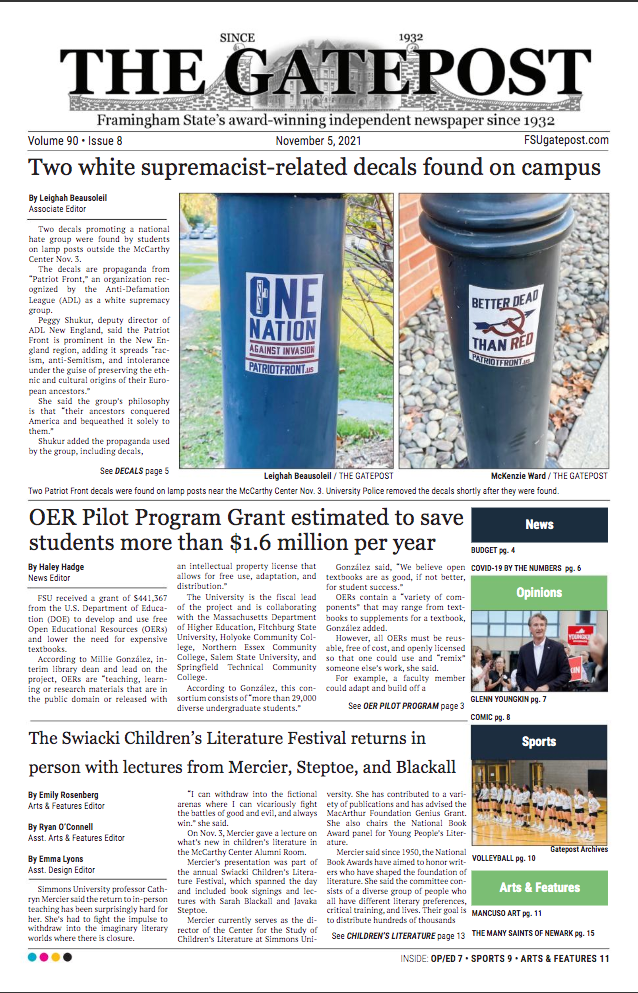Beginner Coverage - A confused journalist's first in-person assignment
- Dec 13, 2021
- 3 min read
On my very first in-person assignment for The Pawtucket Times, I was sent to cover the opening of a splash park in Prospect Heights in Pawtucket.
Taking the half hour commute with my grandmother, I was completely nervous.
How do you write about a splash park?
I did as much background research as I could. I even tried looking up examples of people covering splash park openings in other towns.
None of it was helpful.
I read and re-read the press release I was sent by the paper's editor, but I had never covered anything like this before and was completely confused as to what the event was going to look like.
I spent the car ride trying to memorize the faces and names of the “important” people who were supposed to be at the event.
When my grandmother dropped me off, I made my way through the apartment buildings until I found the new park.

The green and blue fish themed water spouts were already spraying fresh cold water on the devastatingly hot June day.
I stood outside the fenced in area, and watched as various community groups began to set up the day’s event.
I stood there - unmoving - for what was probably an hour and half.
It’s now been two hours since I left my house that morning and I had absolutely no idea what to do.
I can’t imagine how much of a dork I looked standing there for so long watching everyone, with my sunglasses, mask, and giant backpack.
It wasn’t until I saw some photographers show up that I realized what I was actually supposed to be doing there - talking to people.
Seeing the others at work, I gained the confidence to begin talking to the various groups putting the event together.
Turns out the aim of the event was to celebrate the new management Prospect Heights was under and in doing so groups came to host a cookout, teach about safety, and, of course, open the splash park.
Apparently, the park was already built over a year ago, but was unable to open due to COVID-19 safety guidelines.
Once I began talking to people, all the journalism skills I ever learned began coming back to me.
I was too nervous to ask to record, so I spent the entire time trying to scribble down every word they said.
However, I’ve come to actually prefer that method of interviewing when out and about because it helps me write better and focus on the important details of the story.
As I made my way around, I began to speak to the key actors of the event, and soon enough my story was coming together.
All that was left was talking with the community members, which I was more nervous about.

After the amount of times I’ve been rejected for Campus Conversations at The Gatepost (our student newspaper's weekly collection of student opinions on various questions), I couldn’t help, but expect every inquiry to be shut down with a solid NO.
However, that was not the case.
Everyone I spoke to was happy to talk with me. The problem was I didn’t know what to ask them. Going into the event so blind as to what was actually happening that day, I did not have any well prepared questions.
In the end, I got what I needed. I was sweating, sunburnt, thirsty, and starved, but I made it through.
Since this first event, I’ve become more comfortable with spur-of-the-moment interviews and coming up with questions that weren’t necessarily prepared beforehand.
I still leave every event I cover with the nagging feeling I didn’t get enough quotes, but the more I cover them the better I get.
Most of the experiences I’ve gained as a journalist have been centered around the fact that you’ll have to learn what to do firsthand.
Even if you spend an hour and half watching people, you will understand what you need to do in due time.




Comments